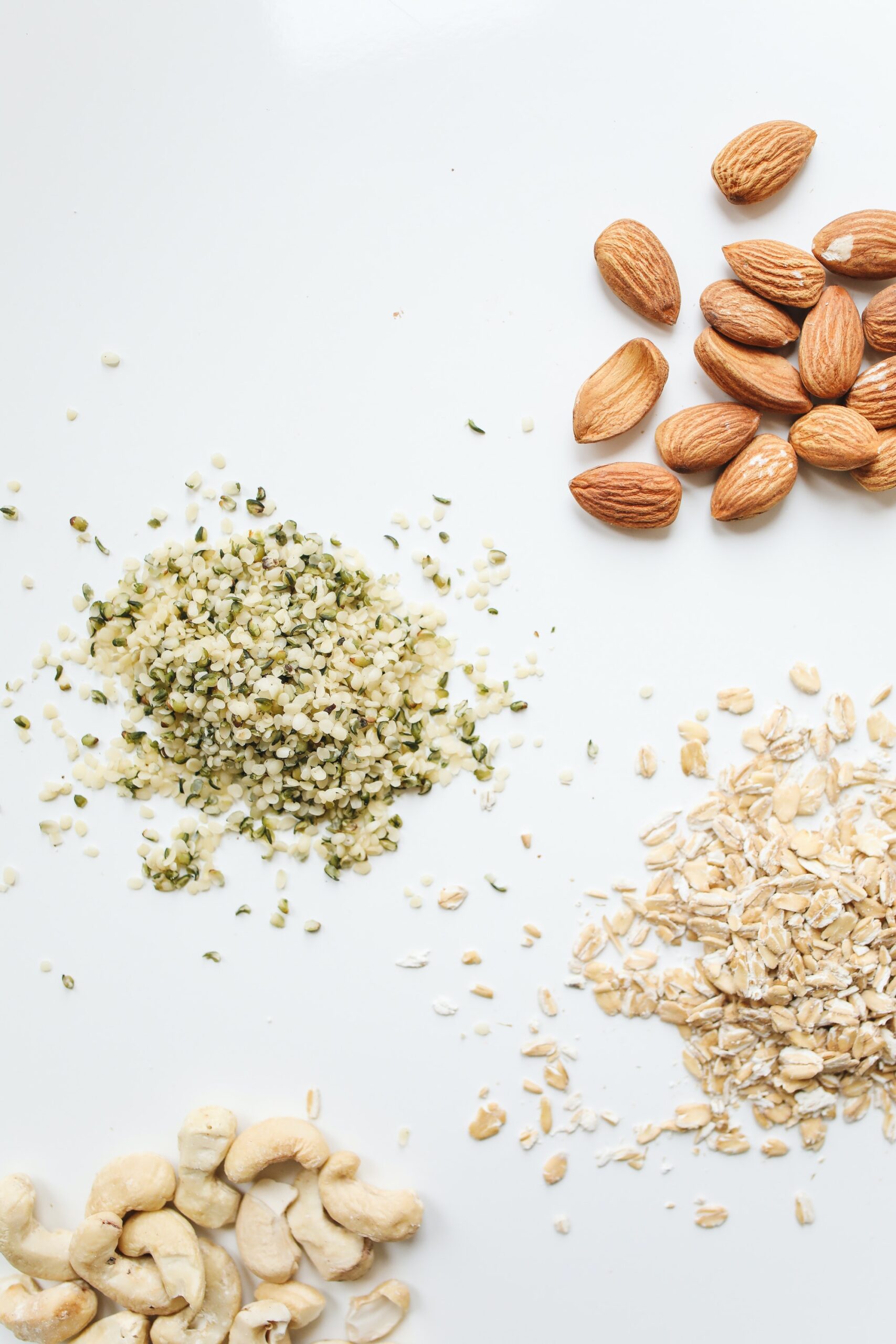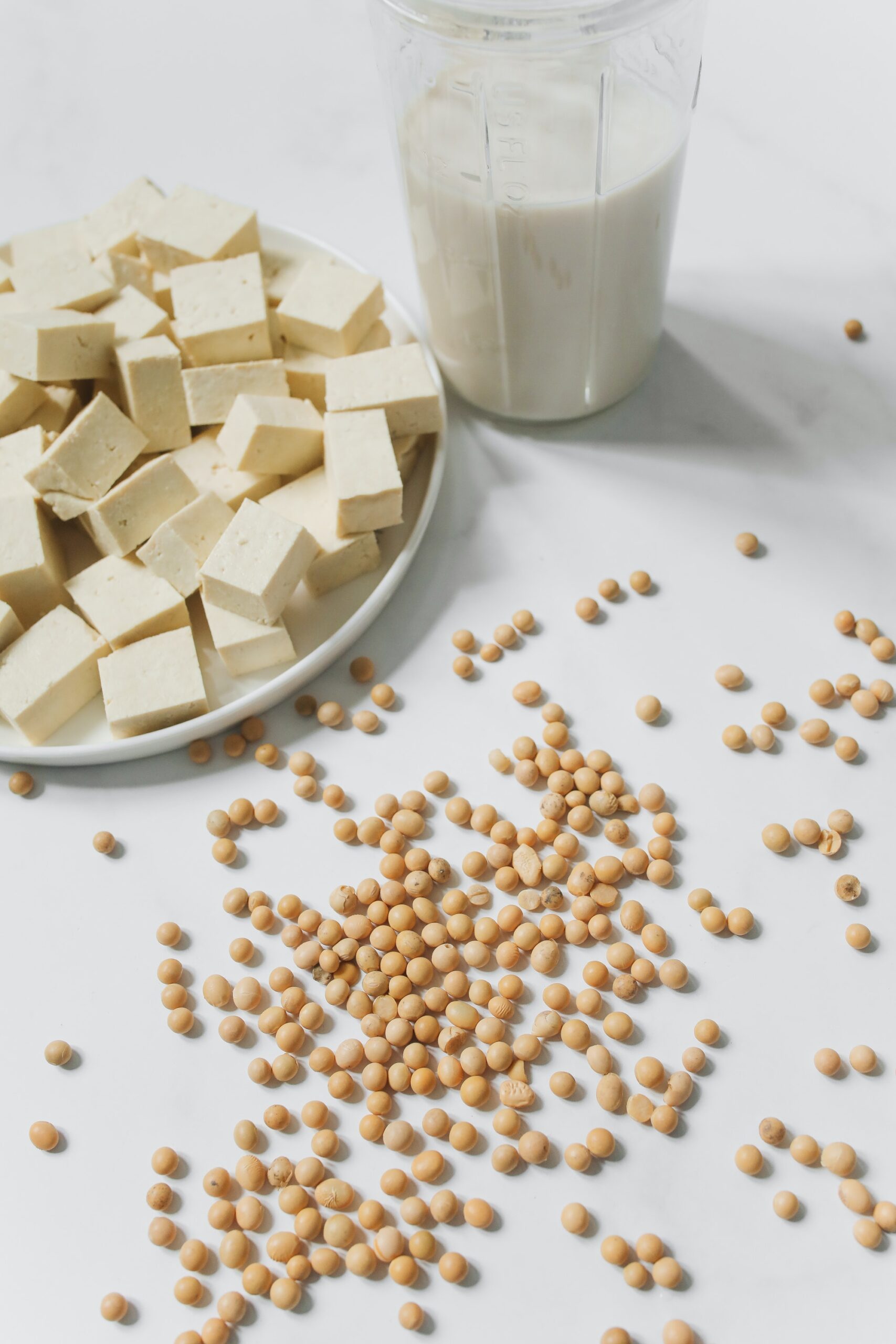
Whether it’s for ethical, environmental, or health reasons, going meatless at least once a week, can have numerous benefits. However, one common concern often raised is the adequacy of protein intake. But fear not! There is an abundant and diverse world of vegetarian protein sources that can easily be incorporated into a well-balanced plant-based or omnivorous diet.
- Legumes: Legumes, such as lentils, chickpeas, black beans, and edamame, are true protein powerhouses. Packed with essential amino acids, legumes provide a hefty dose of protein, along with fiber, iron, and other vital nutrients. They can be enjoyed in various forms, from soups and stews to salads and spreads. Incorporating legumes into your diet is not only delicious but also a fantastic way to promote heart health and support weight management.
- Whole Grains: Ancient grains like quinoa, amaranth, and buckwheat are not only rich in fiber and complex carbohydrates but also offer a significant protein punch. These versatile grains can be used as a base for hearty salads, added to stir-fries, or used as a substitute for traditional grains in baking recipes. With their unique textures and flavors, ancient grains not only provide essential amino acids but also contribute to a well-rounded and satisfying vegetarian diet.
- Nuts and Seeds: Nuts and seeds are an excellent source of protein, good fats, and essential nutrients. Almonds, walnuts, chia seeds, flaxseeds, and hemp seeds are just a few examples of these tiny nutritional powerhouses. Whether enjoyed as a snack, added to smoothies, or sprinkled over salads, nuts and seeds can help meet your protein needs while offering a satisfying crunch and promoting heart health. Remember, portion control is key as they are calorie-dense, so a handful will do the trick!
- Plant-Based Protein Powders: For those seeking a quick and convenient protein boost, plant-based protein powders are a game-changer. Made from sources like pea, brown rice, or hemp, these powders offer a concentrated dose of protein without the need for animal products. They can be easily blended into smoothies, mixed with plant-based milk, or incorporated into baking recipes. Protein powders are particularly beneficial for athletes or individuals with increased protein requirements.
- Soy Products: Soy products, including tofu, tempeh, and edamame, are exceptional plant-based protein sources. Soy is unique among plant foods as it provides all essential amino acids, making it a complete protein. These versatile ingredients can be stir-fried, grilled, or added to soups and salads, offering a satisfying and nutrient-rich alternative to animal protein. Incorporating soy into your diet also promotes bone health and may help lower cholesterol levels.
With an ever-growing interest in plant-based lifestyles, it’s essential to understand the plethora of vegetarian protein sources available. From legumes and ancient grains to nuts, seeds, and soy products, the possibilities are endless. Embracing these protein-rich plant foods not only provides the necessary building blocks for a healthy body but also promotes environmental sustainability and animal welfare.
